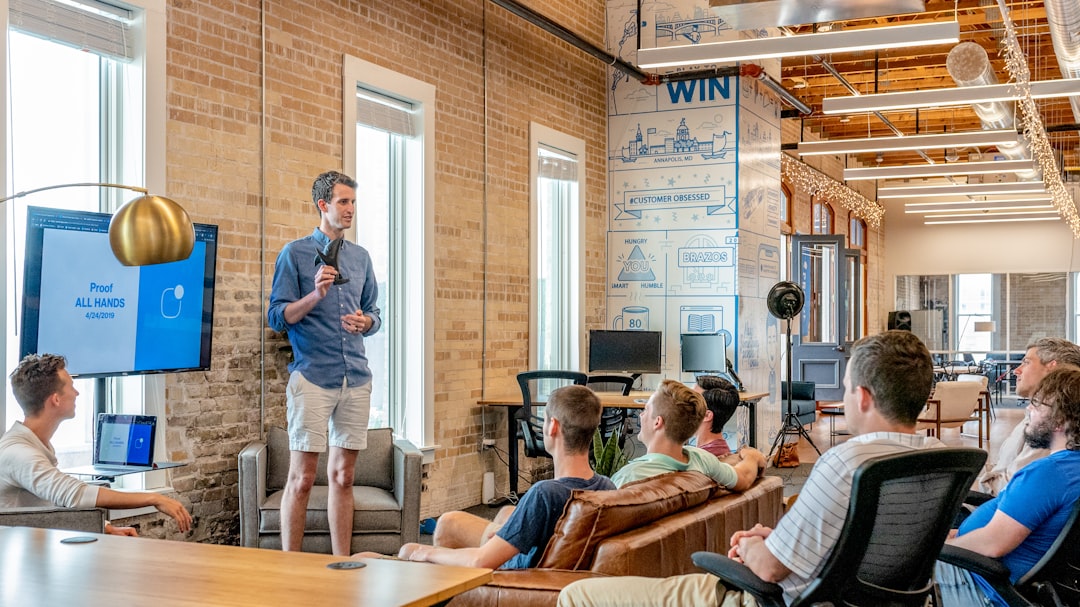Emergencies can strike at any moment, leaving communities vulnerable and in need of assistance. Whether it be a natural disaster, a public health crisis, or a man-made incident, having a well-established emergency preparedness plan in place is crucial to ensuring the safety and well-being of all members of a community.
Establishing a community emergency preparedness plan involves collaboration, communication, and coordination among various stakeholders, including government agencies, non-profit organizations, businesses, and residents. By working together and taking proactive steps to prepare for emergencies, communities can better respond to and recover from disasters.
One of the most important aspects of creating a community emergency preparedness plan is conducting a risk assessment to identify potential hazards and vulnerabilities that may impact the community. This involves analyzing the likelihood and impact of various disasters, such as hurricanes, tornadoes, earthquakes, floods, wildfires, pandemics, and terrorist attacks.
Once the risks are identified, communities can develop strategies and action plans to mitigate the impact of these disasters. This may include establishing emergency response teams, conducting drills and exercises, stocking up on emergency supplies, securing critical infrastructure, and educating residents on how to respond during emergencies.
Another key component of a community emergency preparedness plan is establishing a communication system to disseminate critical information during emergencies. This may involve setting up a hotline, sending out alerts via text message or email, and using social media to keep residents informed and updated on the situation.
Collaboration with local emergency management agencies, law enforcement, fire departments, hospitals, schools, and other stakeholders is essential for the success of a community emergency preparedness plan. By working together and sharing resources, communities can leverage their strengths and address gaps in their emergency response capabilities.
Training and education are also important aspects of establishing a community emergency preparedness plan. Residents should be educated on how to create a family emergency plan, assemble a disaster kit, and evacuate safely during emergencies. Schools and businesses should conduct regular drills and exercises to prepare for various types of disasters.
In addition to preparing for disasters, communities should also focus on recovery and rebuilding efforts. This may involve setting up a disaster recovery center, providing mental health support for affected individuals, and securing funding and resources to rebuild infrastructure and homes.
One successful example of a community emergency preparedness plan is the Community Emergency Response Team (CERT) program, which trains volunteers to assist first responders during disasters. CERT teams are trained in basic disaster response skills, such as fire safety, search and rescue, and medical triage, and are deployed to assist with disaster relief efforts in their communities.
In conclusion, establishing a community emergency preparedness plan is essential for ensuring the safety and well-being of all members of a community. By conducting a risk assessment, developing strategies and action plans, establishing a communication system, collaborating with stakeholders, and providing training and education, communities can better prepare for and respond to emergencies. While disasters may be unpredictable, having a well-organized and coordinated emergency preparedness plan in place can greatly improve the community’s ability to recover and rebuild after a disaster strikes.


